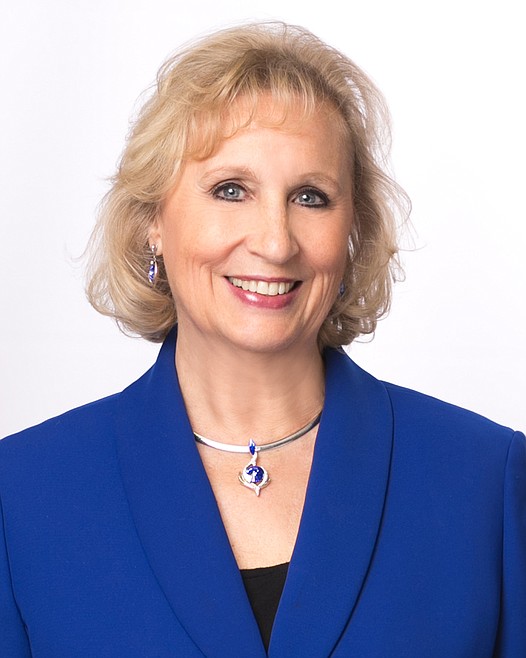ADVERTISING: Advertorial — Heart Health: Surprising insights, Part II
In Part I of "Heart Health: Surprising insights," we talked about several aspects of health or lifestyle that contribute to, or help cardiovascular (CV) health. This second part discusses the nutrition key.
Nutrients: This is a big one. The heart needs a good balance of minerals — especially Magnesium, Potassium, and Calcium, but in food forms, not as isolates. Calcium can also get you into trouble. The best calcium is ionizable calcium, like Calcium Lactate (not from dairy). It is needed for muscular contraction, the electrical impulses in the heart, blood vessel tone, proper coagulation and cell signaling. Calcium carbonate is the worst kind of calcium and can contribute to hardening of the arteries and other problems. You should not be able to feel your heart at any time (unless climbing stairs or running). If you do, it can be a sign of nutritional deficiencies, either of minerals or of B Vitamins.
B Vitamins are critical to the tone of the heart, homocysteine metabolism, red blood cell formation, energy and cellular production, antioxidant activity and cholesterol metabolism. However, most B Vitamins are synthetic and don’t have those positive benefits. B Vitamins should be in a food form.
Keep in mind that potency is about function, not about how many milligrams of a vitamin, mineral or amino acid is on your supplement label. A food-based supplement will elicit far better functional and healing support than tons of synthetic, fractionated or denatured nutrients in a bottle. There are no high potencies in nature.
Coronary Artery Disease is significant, especially in women, and at earlier and earlier ages. Breakdown of vascular tissue doesn’t have to happen. It is influenced mostly by protein and vitamin C. Ascorbic acid form of vitamin C doesn’t help. It is simply the chemical marker for vitamin C. The way it is bottled is a fractionated version, missing most of the functional components. It should only be consumed as a food form — camu camu, acerola cherries, and rose hips. If it says “ascorbic acid” or “calcium ascorbate” it will have the opposite effect — it may actually contribute to breakdown of vascular walls. By the way, glucose competes with vitamin C in the cell. Too much sugar results in too little vitamin C to assist in the repair process.
Protein is another piece of coronary artery health. The most important amino acid (protein) for CV health is tyrosine. But tyrosine is destroyed by heat. So don’t go out and buy it in a bottle unless it says on the label that it was produced in temperatures below 120 degrees. Getting raw protein is essential, such as in raw nuts and seeds. All 22 functional amino acids have to be present together to heal collagen, and without the tyrosine piece, it can’t do anything.
Being cognizant of your nutrition, getting rest, exercise, help for broken heart syndrome, and improving thyroid and dental health can go a long way in improving your cardiovascular health.
Want to hear more from Holly Carling? Check out our podcast. Search for VitalHealth4You on your favorite podcast listening app or go to vitalhealthcda.com/podcasts/.
• • •
Holly Carling is a Doctor of Oriental Medicine, Licensed Acupuncturist, Doctor of Naturopathy, Clinical Nutritionist and Master Herbologist with over four decades of experience. Carling is a “Health Detective.” She looks beyond your symptom picture and investigates WHY you are experiencing your symptoms in the first place.
Carling is currently accepting new patients and offers natural health care services and whole food nutritional supplements in her Coeur d’Alene clinic. Visit Carling’s website at www.vitalhealthcda.com to learn more about Carling, view a list of upcoming health classes and read other informative articles.
Carling can be reached at 208-765-1994 and would be happy to answer any questions regarding this topic.

